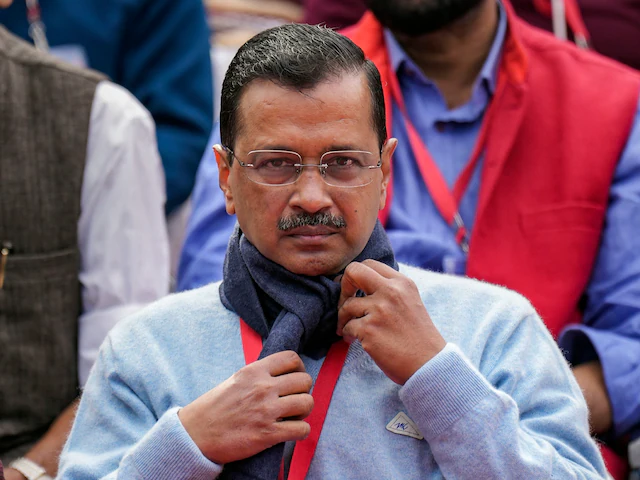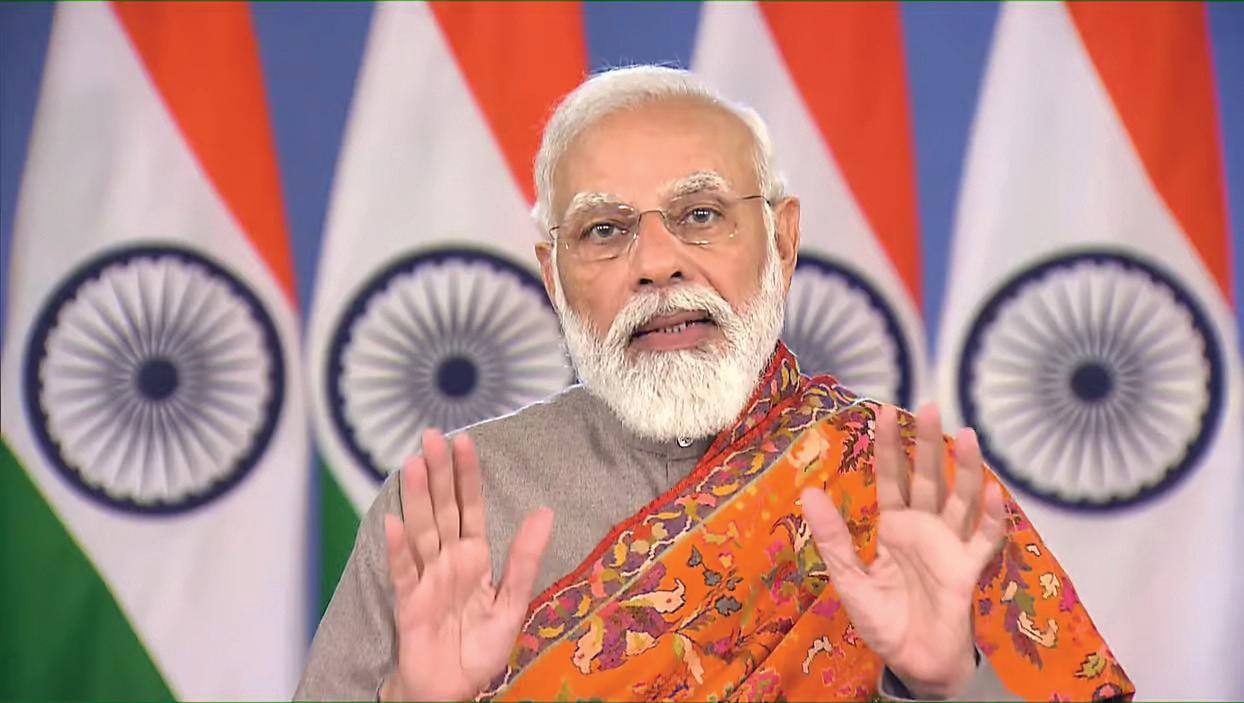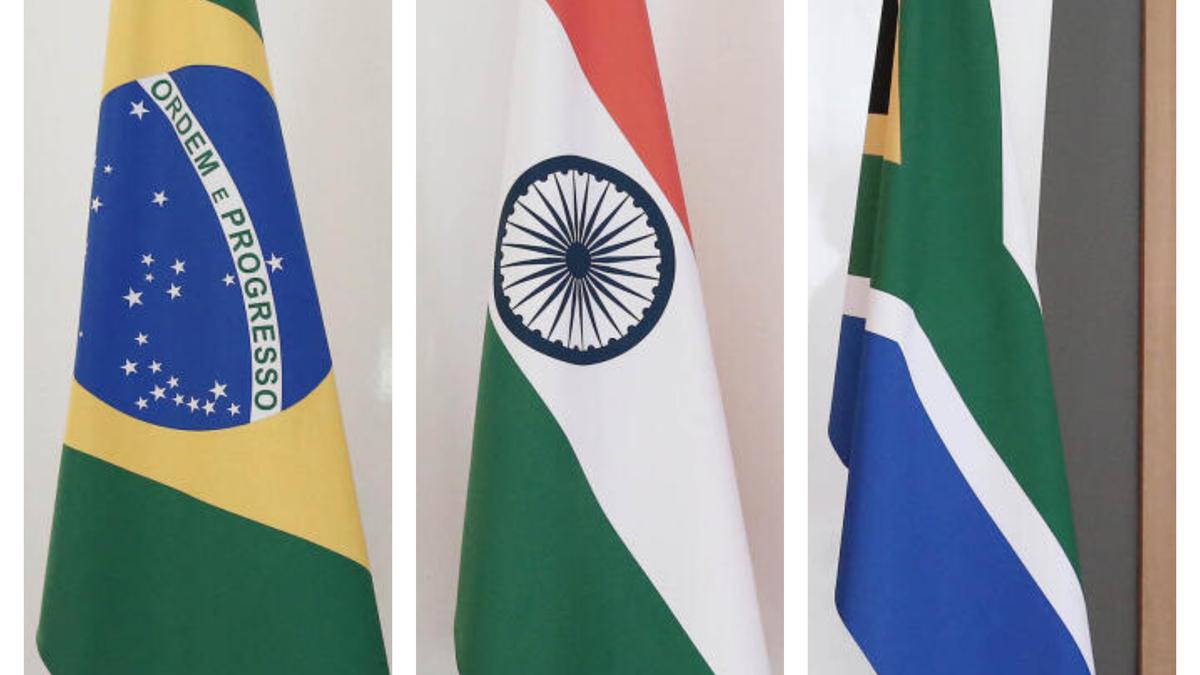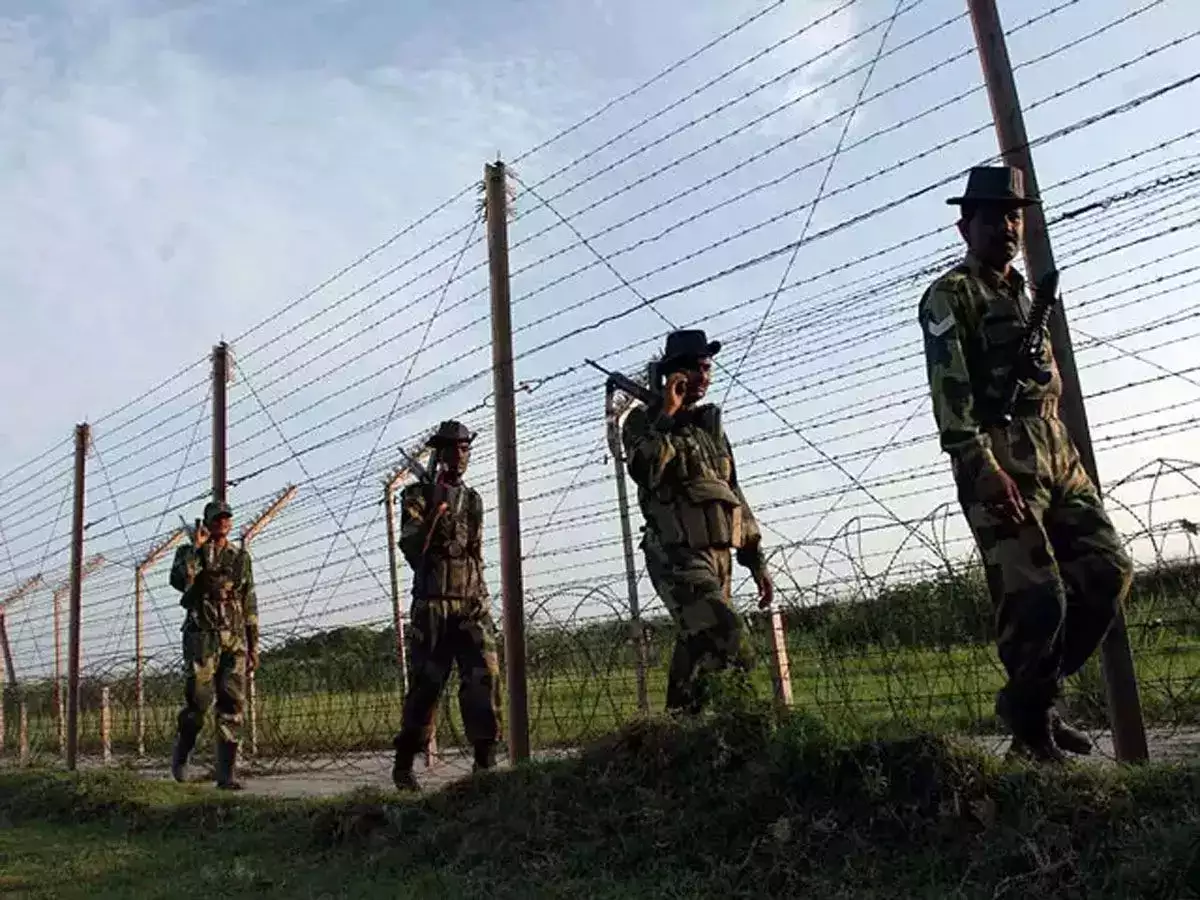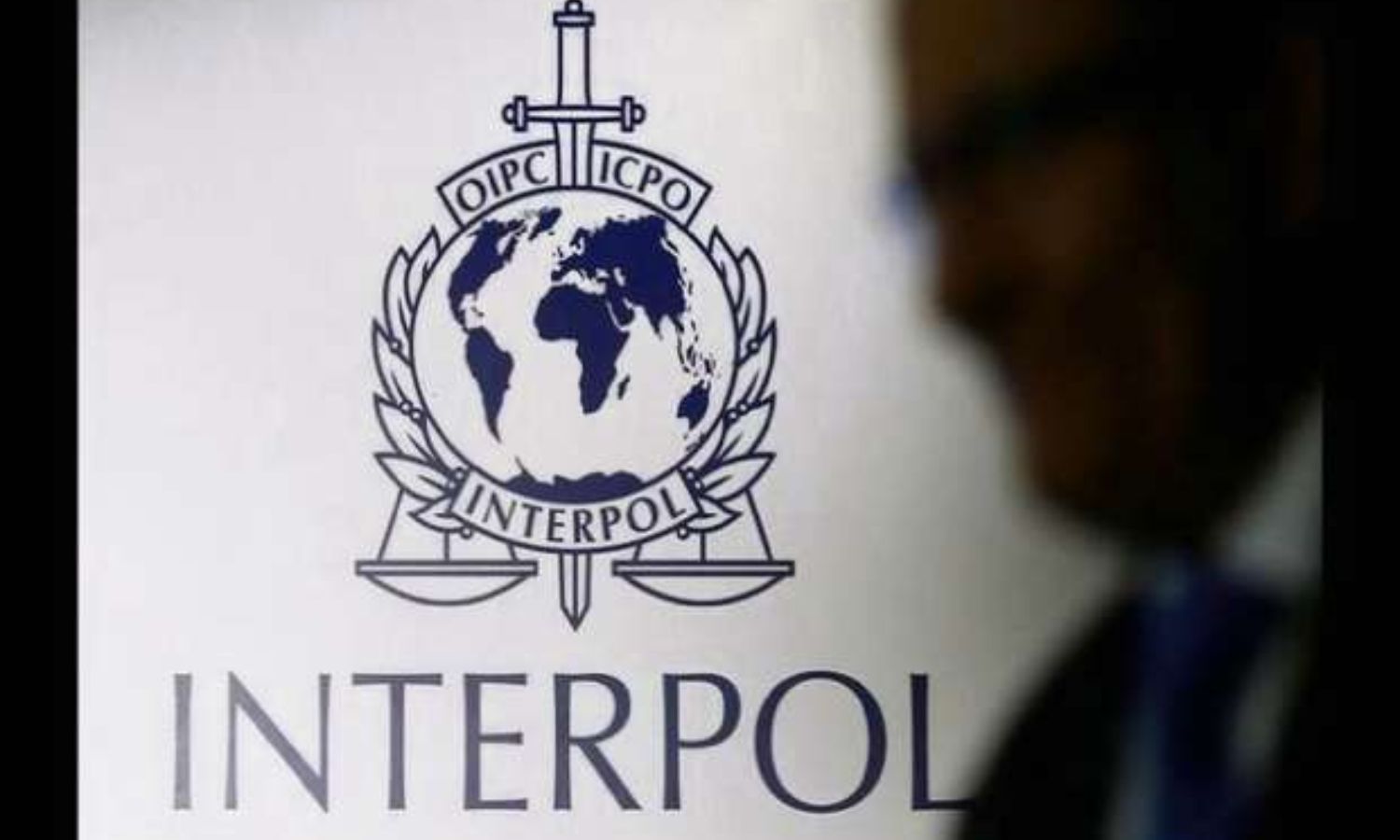It is in the fitness of things that the Gwalior Bench of Madhya Pradesh High Court in a brief, brilliant, bold and balanced judgment titled Manohar Silawat vs The State of Madhya Pradesh in Misc. Criminal Case No. 4589 of 2020 and cited in 2022 LiveLaw (MP) 158 that was reserved on February 21 and pronounced as recently as on June 9, 2022 quashed a rape case against a man registered at the instance of his second wife as the court noted that it was a frivolous case and her version indicated false allegations against the man. It must be mentioned here that the Single Judge Bench of Justice Anand Pathak minced just no words to observe that it was vexatious and frivolous litigation just to exert pressure on the man to extract money or an attempt made by the prosecutrix (second wife) to convert domestic dispute into criminal allegations. It also merits mentioning that the Court noted that the prosecutrix had lived with the petitioner and in fact had been blessed with a boy named Harsh who is now almost 20 years old and quite bewildering it is that after 18 years she filed a complaint on which case had been registered against the petitioner. Consequently, the Court opined that it would be a miscarriage of justice if such false allegations are allowed to sustain and the petitioner is unnecessarily dragged into litigation to defend himself. Therefore, it was but natural that the Court quashed the FIR that was lodged and the entire criminal proceedings and allowed the petition that was filed by the petitioner.
At the outset, this learned, laudable, landmark and latest judgment authored by the Single Judge Bench of Madhya Pradesh High Court at Gwalior sets the ball rolling by first and foremost putting forth in para 1 that, “This petition has been preferred under Section 482 of Cr.P.C. seeking quashment of FIR registered against the petitioner and consequential criminal proceedings arising out of Crime No.207/2019 registered at Police Station Bajranggarh District Guna for offence under Sections 376, 506 of IPC.”
To put things in perspective, the Bench then envisages in para 2 that, “An FIR got registered by respondent No.2/complainant/prosecutrix on 04-12-2019 who happens to be a lady aged 41 years against the petitioner, a male aged 55 years for offence punishable under Sections 376 and 506 of IPC with the allegations that her husband Mukesh died in 1999 leaving two children. Since petitioner was issueless from his first marriage with his wife Sheela Bai, he induced her to marry so that he can maintain her children born out of first wedlock of prosecutrix and with that inducement he brought her to Bajranggarh and without her consent committed rape in the month of May, 2001 with her as a result whereof she became pregnant and out of such relation, one child namely Harsh was born. Thereafter petitioner used to have physical relationship with her continuously and when after four years she came back to Gwalior then also petitioner used to call her for intermittent payments towards her maintenance amount and used to commit rape and threatened her with dire consequences. Presently she is living with her child Harsh at Gwalior, another child born out of the wedlock of petitioner and complainant and therefore, filed this complaint against the petitioner.”
Needless to say, the Bench then states in para 3 that, “After investigation, charge-sheet was filed against the petitioner and trial is under consideration.”
On the face of it, the Bench mentions in para 4 that, “It is the submission of learned counsel for the petitioner that from the very contents of FIR, improbable event has been conceptualized by prosecutrix and case suffers from vexatious litigation just to harass petitioner. In 2001, she came in the contact of petitioner and out of their relationship, if child was born who happens to be 20 years old by now then it is highly improbable that she remained silent for such long years and after 18 years she raised her voice. Story indicates false allegations.”
What’s more, the Bench states in para 5 that, “It is further submitted that petitioner and respondent No.2 both belong to Scheduled Caste and as per their customs Natra (social customs like live-in/marriage) was performed in which with consent of his first wife Sheela Bai, he lived with both of his wives and when despite instance of prosecutrix, petitioner did not part his whole property in favour of prosecutrix, then these false allegations have been leveled.”
It is worth noting that the Bench then reveals in para 6 that, “Learned counsel for the petitioner filed written synopsis in which he annexed copy of application under Section 125 of Cr.P.C. filed by the prosecutrix against the present petitioner before Principal Judge, Family Court, Gwalior in which she mentioned the fact that with petitioner marriage was solemnized on 13-06-2001 through Hindu Rites and Rituals and thereafter they lived together till July, 2019 and now petitioner has removed her from his family household and therefore, she is living in her maternal home, therefore, seeking maintenance to sustain herself. Such divergent admission of facts itself renders the case doubtful. He relied upon Uday Vs. State of Karnataka, (2003) 4 SCC 46, Popular Muthiah Vs. State represented by Inspector of Police, (2006) 7 SCC 296, Deepak Gulati Vs. State of Haryana, AIR 2013 SC 2071, Dr. Dhruvaram Murlidhar Sonar Vs. State of Maharashtra and others, AIR 2019 SC 327, Pramod Suryabhan Pawar Vs. State of Maharashtra and others, AIR 2019 SC 4010.”
As we see, the Bench then observes in para 7 that, “Learned counsel for the respondent/State opposed the submissions and prayed for dismissal of this petition on the ground that trial will decide the fate of the case.”
Briefly stated, the Bench then mentions in para 8 that, “This is a case where petitioner is facing heat of trial on the basis of allegations so levelled by the prosecutrix over her for offence under Sections 376 and 506 of IPC.” Due to paucity of space the contents of the FIR are not being mentioned here in detail but the gist is that she levelled allegations of rape after giving false promises of marrying her and bearing her expenses.
Further, the Bench then lays bare in para 9 that, “Similarly perusal of application under Section 125 of Cr.P.C. filed at the instance of petitioner through synopsis indicates that marriage between the petitioner and respondent No.2 held on 13- 06-2001 according to Hindu Rites and Rituals and she lived with petitioner for 18 years and blessed with a child Harsh who is almost 20 years old by now and pursuing his study. Petitioner happens to be a Headmaster in Government School Aron, therefore, amount to the tune of Rs.40,000/- was sought for along with expenses Rs.5,000/- and counsel fee Rs.10,000/-.”
Quite forthrightly, the Bench then points out in para 10 that, “Both these allegations and submissions go in different directions. Contents of FIR reveal that for 18 years, prosecutrix lived with petitioner and in fact blessed with a boy namely Harsh who is almost 20 years old by now and after 18 years she filed a complaint on which case has been registered against the petitioner. Such delay in filing of case renders the case doubtful.” It cannot be just glossed over what the Bench has pointed out here and this is what loaded the dice in favour of the petitioner due to which the criminal proceedings were quashed against him and he stood discharged from all the serious allegations that were made by the second wife.
Most forthrightly, the Bench then enunciates in para 11 that, “When petitioner and prosecutrix lived together as a couple for 18 long years then after such lapse of time any allegation levelled by prosecutrix pales into oblivion because they are primarily motivated to exert pressure. Not only this, perusal of application under Section 125 of Cr.P.C. filed at the instance of respondent No.2 further reveals that on the one hand she levelled the allegations that they lived in live-in relationship but now she makes an application that they lived as married couple. Such divergent stand can only be availed of in case of misrepresentation of facts.”
While citing the relevant case law, the Bench then hastens to add in para 12 that, “The Apex Court in the matter of State of Haryana and others Vs. Ch. Bhajan Lal and others, AIR 1992 SC 604 laid down the different exigencies under which interference under Section 482 of Cr.P.C. can be made. Following exigencies are as under:
“(a) where the allegations made in the First Information Report or the complaint, even if they are taken at their face value and accepted in their entirety do not prima facie constitute any offence or make out a case against the accused;
(b) where the allegations in the First Information Report and other materials, if any, accompanying the F.I.R. do not disclose a cognizable offence, justifying an investi- gation by police officers under Section 156(1) of the Code except under an order of a Magistrate within the purview of Section 155(2)of the Code;
(c) where the uncontroverted allegations made in the FIR or complaint and the evidence collected in support of the same do not disclose the commission of any offence and make out a case against the accused;
(d) where the allegations in the FIR do not constitute a cognizable offence but constitute only a non-cognizable offence, no investigation is permitted by a police officer without an order of a Magistrate as contemplated under Section 155(2)of the Code;
(e) where the allegations made in the FIR or complaint are so absurd and inherently improbable on the basis of which no prudent person can ever reach a just conclusion that there is sufficient ground for proceeding against the accused;
(f) where there is an express legal bar engrafted in any of the provisions of the Code or the concerned Act (under which a criminal proceeding is instituted) to the institution and continuance of the proceedings and/or where there is a specific provision in the Code or the concerned Act, providing efficacious redress for the grievance of the aggrieved party;
(g) where a criminal proceeding is manifestly attended with mala fide and/or where the proceeding is maliciously instituted with an ulterior motive for wreaking vengeance on the accused and with a view to spite him due to private and personal grudge.””
Most significantly, the Bench then minces no words whatsoever to hold quite upright in para 13 that, “Here, it appears that from the very perusal of contents of FIR, no offence is made out and perusal of charge-sheet and different statements further substantiates the arguments of petitioner. Besides that, it appears to be vexatious and frivolous litigation just to exert pressure over petitioner to extract money or an attempt made by prosecutrix to convert domestic dispute into criminal allegations. It would be miscarriage of justice if such false allegations are allowed to sustain and petitioner is unnecessarily dragged into litigation to defend himself.”
Most remarkably, the Bench then after analyzing everything goes on to hold in para 14 that, “On the basis of cumulative analysis, perusal of charge-sheet and nature of allegations, no case for trial is made out. From the very contents of FIR and attending circumstances, case appears to be frivolous one and hence FIR registered at Crime No.207/2019 at Police Station Bajranggarh District Guna for offence under Sections 376, 506 of IPC and consequential criminal proceedings are hereby quashed. Petitioner stands discharged from all allegations.”
Finally, the Bench then concludes by bringing the curtains down on this notable judgment and holding aptly in para 15 that, “Petition stands allowed and disposed of.”
All told, we thus see that the Single Judge Gwalior Bench of Madhya Pradesh High Court has very rightly quashed the FIR that was lodged against the husband by the second wife after an inordinate delay of 18 years. The Court has cited the right reasons and relevant case laws to substantiate its valid stand as discussed hereinabove. There can be just no denying or disputing it!
Sanjeev Sirohi, Advocate.
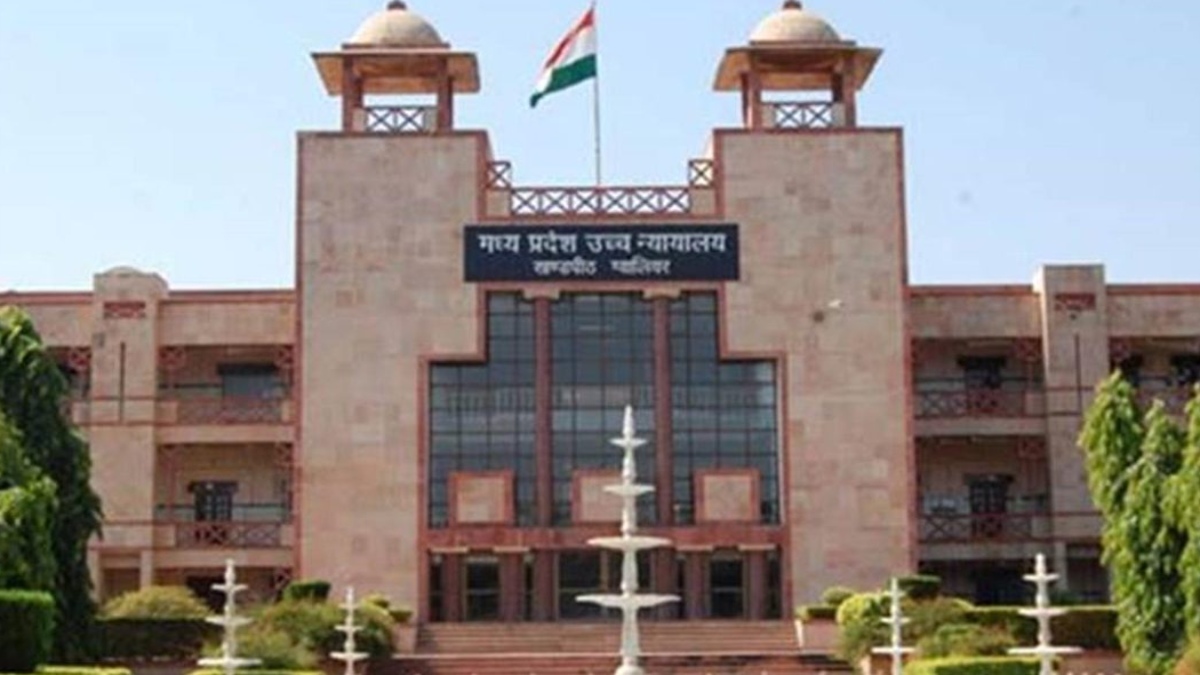

 Opinion2 years ago
Opinion2 years ago
 Entertainment7 years ago
Entertainment7 years ago
 Fashion7 years ago
Fashion7 years ago
 Entertainment7 years ago
Entertainment7 years ago
 Opinion2 years ago
Opinion2 years ago
 Politics7 years ago
Politics7 years ago
 Entertainment7 years ago
Entertainment7 years ago
 Entertainment7 years ago
Entertainment7 years ago
